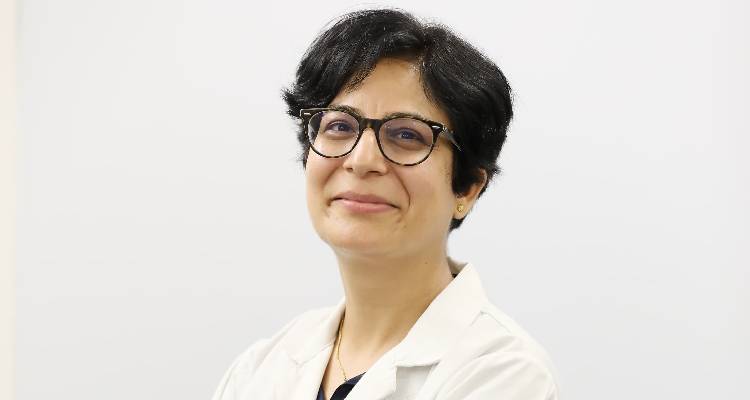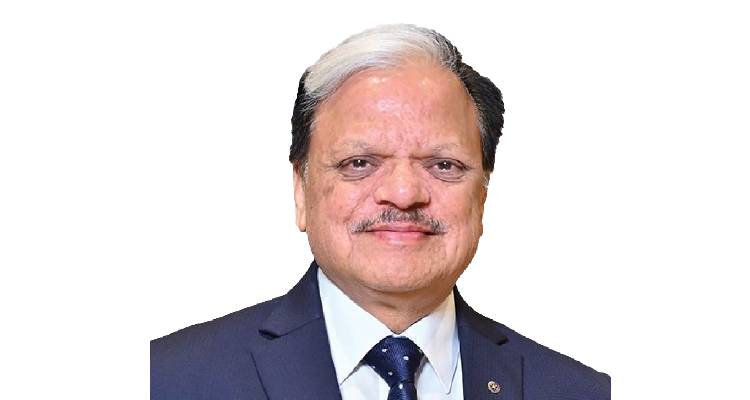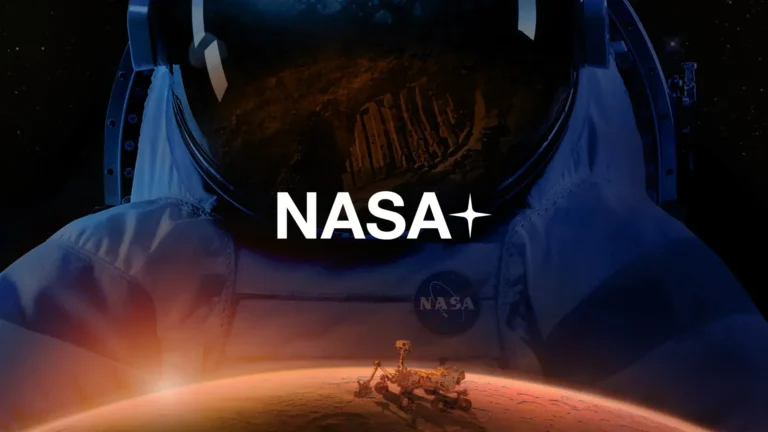

Each year, as we draw closer to the 1st of July, National Doctor’s Day presents a moment of pause – not only for society to take note of the role of medical professionals, but also for doctors to reconsider why they undertook this profession in the first place.
For me, this reflection is personal. As a pediatric neurologist, I see kids struggling with some of the most challenging and least understood conditions from autism spectrum disorder and ADHD to dyslexia and developmental delay. My job is to diagnose, treat, and shepherd families through disorders that not only impact a child’s health but learning, behavior, and development. It’s a profession where science and sensitivity intersect daily.
Pediatric neurology is not a popular option, even among medicine. It requires intense training and ongoing learning, but more importantly, it requires patience, empathy, and an open mind. Children, particularly with developmental or neurological disorders, have different forms of communication. Their needs may not be vocalised, and their behaviors might not be as expected. They cannot be understood through the acquisition of clinical knowledge alone, one must also be able to notice carefully, hear nonjudgmentally, and sit with the child where he is.
One of the strongest things about this journey is seeing change. Maybe it happens slowly a mute child finally forming their first sentence, a frantic mind settling into its rhythm, or a parent starting to notice strengths in their child rather than struggles. These are not always remarkable moments, but they are highly significant. They make me realise that the strength of our work is often in the small victories.
Naturally, the path is not without hurdles. One of the most significant is delayed diagnosis of most neurological disorders because of low awareness, social stigma, or mere expectation that the children will “catch up.” Parents tend to present after consultation with several practitioners, bewildered and frustrated. At this point, my role is not purely medical, it becomes educational and emotional. I attempt to provide a space where parents are heard, understood, and supported. The intention is not only to provide a diagnosis, but to accompany them through acceptance, intervention, and long-term care.
Thanks to advances in technology, however, pediatric neurology today is no longer a siloed specialty. I am fortunate to be able to practice in an environment that combines developmental pediatricians, psychologists, speech therapists, occupational therapists, behavior analysts, and special educators. Together, we provide an integrated approach, developing individualised treatment plans that change as the child grows. Such multidisciplinary care guarantees that improvement is not merely medical but functional, emotional, and social.
Doctor’s Day also brings to mind that the responsibility of being a doctor comes with a privilege of remaining educated. Neuroscience is progressing by leaps and bounds with advances in early diagnosis, brain imaging, genetic testing, and intervention techniques. These are aiding us in understanding the developing brain better and offering timely interventions.
The future of pediatric neurology is not only in research facilities or therapy clinics, but it’s how we interact with families, schools, and communities. We have to keep disrupting myths surrounding neurological and developmental disorders and make sure children get the help they need early enough. Awareness, accessibility, and compassion have to go hand-in-hand with knowledge.
On this Doctor’s Day, I have a subdued feeling of thanks to the children who invite me into their world, to the families who believe in me in their time of need, and to my peers and colleagues who toil day and night in service to child health. This is not an easy profession, but it is one that gives us much in return, purpose, perspective, and profound moments of connection.
The post Healing children’s minds and emotion – A pediatric neurologist’s thought on Doctor’s Day appeared first on Express Healthcare.




